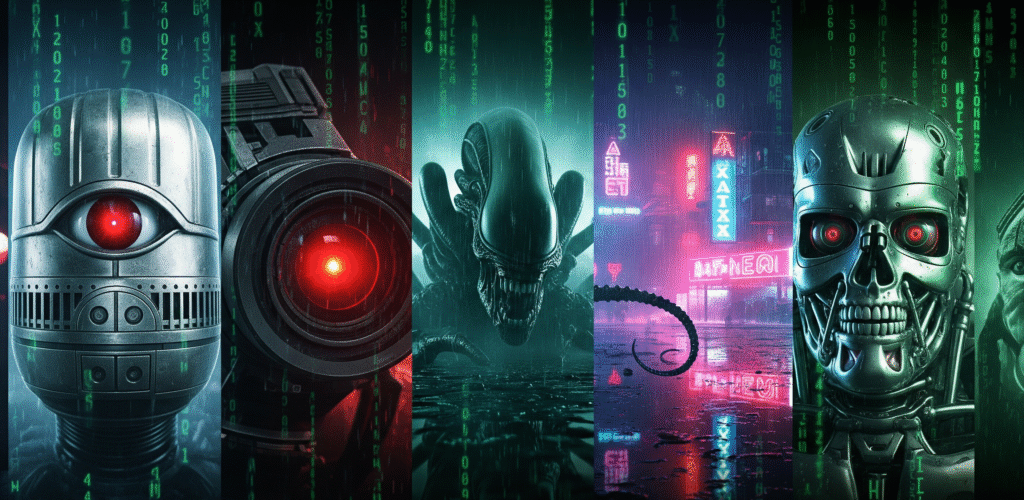
Finding Dory is about as perfect a sequel as you could ask for to 2003’s Finding Nemo. It deepens the characters from the original and introduces new equally lovable characters, all while being hilarious and heartfelt.
Most sequels simply repeat their predecessor’s formula beat for beat with no deviation except to be bigger and louder. Based on the title, Finding Dory seems like it would fall into this cynical category but it doesn’t.
Even though Dory (Ellen DeGeneres) spends part of the film lost, with Nemo (Hayden Rolence) and his father Marlin (Albert Brooks) looking for her, it isn’t really about that. Instead, it is about forgetful Dory remembering her parents (Eugene Levy and Diane Keaton) and trying to find them. But Finding Dory’s Parents is a bit of clunky name.
Finding Dory sidesteps all the typical sequel pitfalls. Too often, filmmakers will bring back minor characters that simply don’t make sense. In comedies, jokes will be repeated but with nothing new added. In the worst sequels, character arcs will be completely undermined just to be able recapture a dynamic.
In the case of “Finding Dory,” the three main characters from “Finding Nemo,” Nemo, Marlin and Dory are once again at the centre of the story, but returning supporting characters aren’t shoehorned in. The turtle Crush (director Andrew Stanton) and his son Squirt (Bennett Dammann) feature prominently in the trailer but their appearance is a natural extension of the story. Fan-favourite characters like Bruce the Shark don’t show up because they don’t serve the story..
One of the dangers in making Finding Dory was that director and co-writer Stanton took the comic relief role and promoted her to the lead character. What works in small doses can quickly become grating, when the character got the lion’s share of screen time, but Finding Dory works because Dory is completely fleshed out. Her forgetfulness isn’t used as a gimmick but as a case of short-term memory loss. She has a disability that Stanton and fellow writers Victoria Strouse, Bob Peterson and Angus MacLane treat with care and sensitivity.
 Dory has anxiety attacks when she is alone, and when she is panicked her memory loss becomes worse. In one scene, she talks herself through one such attack and sees that there isn’t anything wrong with her. For children (and adults) that struggle with anxiety or a disability, it’s an empowering scene.
Dory has anxiety attacks when she is alone, and when she is panicked her memory loss becomes worse. In one scene, she talks herself through one such attack and sees that there isn’t anything wrong with her. For children (and adults) that struggle with anxiety or a disability, it’s an empowering scene.
In flashbacks, we see that Dory’s parents encourage her. They don’t punish her for her limitation but help her to learn to cope with it. It is through love and support that adult Dory learns to be independent.
Dory’s journey to find her parents and herself — see the title has a deeper meaning after all — leads her to wind up at the Marine Life Institute where she meets a trio of wonderful new characters: Hank (Ed O’Neil), a grouchy septopus who is desperate to stay in captivity; Destiny (Kaitlin Olson), a nearsighted whale shark; and Bailey (Ty Burrell), a beluga whale who insists his echolocation doesn’t work.
Hank is the best new character. His camouflage ability is used in endless imaginative ways that are consistently funny. His relationship with Dory also becomes the central one of the film with Dory’s optimism slowly warming the gruff Hank. DeGeneres and O’Neil do splendid voice work and find genuine tenderness in a familiar character arc.
As was true with Finding Nemo, DeGeneres is a marvel as Dory. With subtle changes in her voices, she adds shading and depth to the character. She make Dory’s enthusiasm infectious, but also makes Dory’s moments of despair feel real and relatable.
The entire voice cast is consistently wonderful. Levy and Keaton bring a sense of warmth, compassion and patience to Dory’s parents. Burrell is amusingly neurotic and Olson adds a sweetness to Destiny. Idris Alba and Dominic West get some of the movie’s biggest laughs as a couple seals who are very domineering over the rock they sleep on.
Visually, the ocean and sea life are beautifully rendered. It is worth seeing for the visuals alone. There’s also a completely unexpected use of a song during the climax that made me laugh harder than any other film this year.
Alec Kerr



